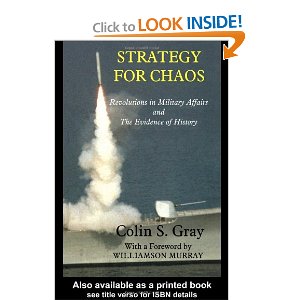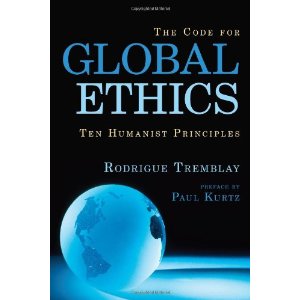
Nick Bryant
5.0 out of 5 stars Read it and weep, then seethe… April 22, 2010
“Deep politics” is scholar Peter Dale Scott's term for historical machinations such as drug-running and assassinations which form covert if systemic features of the contemporary state and which are all-too naively dismissed as “conspiracy theories.” A number of people who study such matters seriously have long suspected that the scandal centering on Omaha, Nebraska's Franklin Credit Union in the 1970s and `80s forms the conceptual linchpin to a truly critical understanding of the perverse, brutal and predatory nature of power in late-imperial America. Having read former Nebraska State Senator John DeCamp's brave if somewhat desultory 1992 book on the subject, THE FRANKLIN COVER-UP, and watched the unaired British television documentary CONSPIRACY OF SILENCE on the internet, we have also sensed, with a certain despair, that the nature and details of this scandal were so shocking, ugly, confusing and strange as to forever defy broader public credulity and scrutiny. It is with a profound sense of relief, admiration and gratitude, then, that one reads Nick Bryant's THE FRANKLIN SCANDAL, which accomplishes the seemingly impossible: an eminently gripping, thorough and accessible account of perhaps the grimmest aspect of contemporary U. S. history.
It is amusing to see the sole negative reviewer on these pages (as of this writing) suggest that Bryant has gullibly relied only on the apparent victims of the scandal, when in fact the author has taken pains to bolster accusations voiced in his book with the testimony of law-enforcement, governmental, mental health, legal and social-service officials, as well as journalists and others whose professions and/or personal relationships brought them into the orbit of this lurid story.







